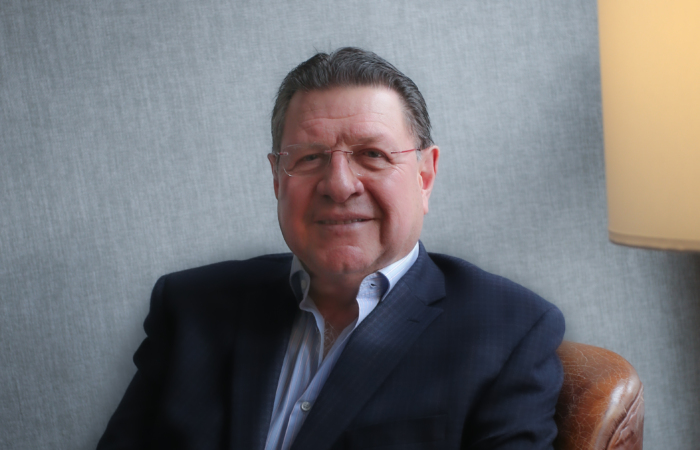Reputation on the board – a summary

In recent weeks, Reputation Feed published a series of interviews with board members of large companies in Brazil to identify how the issue of corporate reputation is present in the strategic agenda of organizations. When listening Joseph Monforte, Dan Ioschpe, Leila LoriThe and Osvaldo Schirmer, The special Reputation on the board brought together a sample of what these collegiates think. In the strategy condition, reputation is the matter not only of the CEO and the executive board, but also of the board of directors. Check out, below, the main points of what these advisors said about reputation and related topics for business prosperity.
“What the company is doing is what will appear on its watch. And what it's not doing either. Not only by not doing it, by not going in the right direction, but also by omitting it.”
Dan Ioschpe
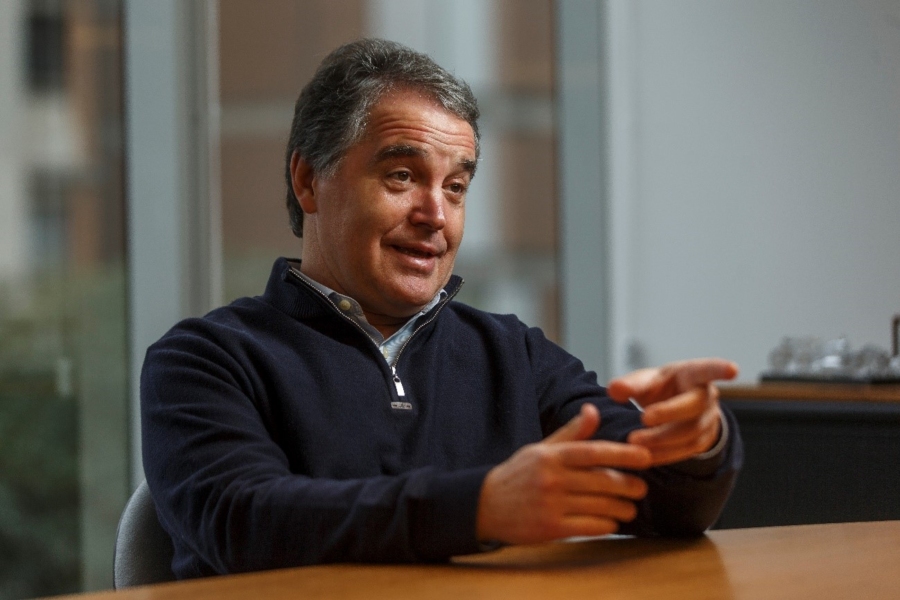
The fact that reputation permeates the entire company is one of the points highlighted by some of the counselors interviewed. When drawing attention to the horizontal aspect of reputation, Dan Ioschpe, president of the Board of Directors of Iochpe-Maxion and advisor to companies such as Embraer, WEG and Cosan, says that it is possible to gain or lose it in any area of activity.
Dan Ioschpe reminds us that the tendency is to think about reputation only after an occurrence, but the ideal is always for the company to anticipate it. “Reputation also has to do with the day-to-day conduct of business, with business results. At the end of the day, everything will end up counting in this reputation combo.”
Today, with the level of communication and knowledge of what happens in the company and outside of it, omission is something extremely complicated and serious, he adds. “Companies and entities cannot live with omission, which makes the web of reputation even more complex. You have to be proactive, bring the problem to light and resolve it.”
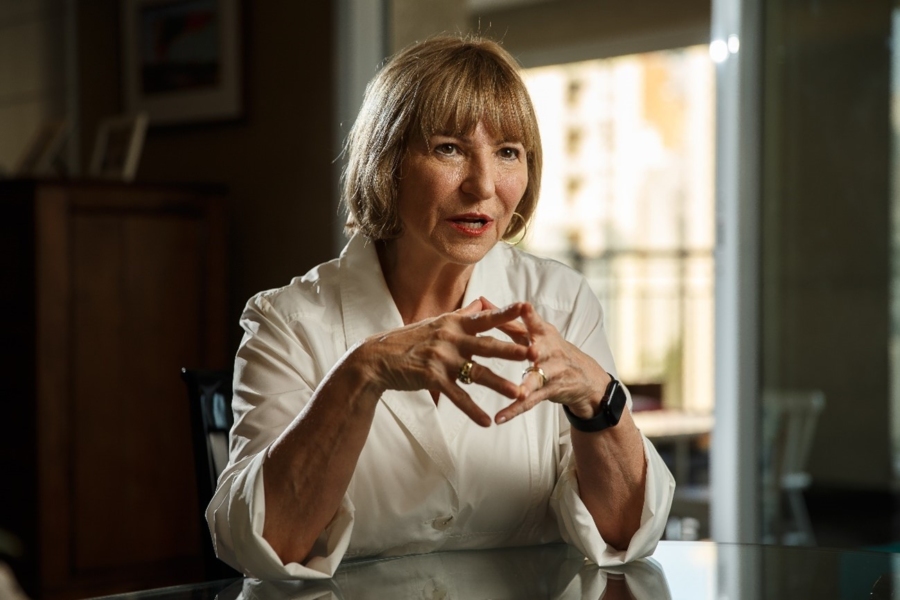
“The discussion happens more in times of crisis, in situations where reputation is being affected.”
Leila Loria
Leila Loria, advisor to companies such as Assaí Atacadista, Pernambucanas and Moinhos Anaconda, agrees that the reputational risk permeates the organization, but warns: few boards debate the topic in depth. The counselor cites a survey by WCD (Women Corporate Directors), released in October. Among the leaders interviewed, 28% responded that topics related to reputational risks are raised with high frequency in the committees or councils in which they participate. In other words, it is far from involving the majority.
The counselor sees the role of this body in corporations in a broad way: “The Council has to carry out strategic planning, sustainability, governance, take care of people and, at the same time, maintain the company's controls, risk management and ensure that there is no deviation, no slip-up in administration.”
“Today, loyalty is a more important capital than financial capital.”
José Monforte
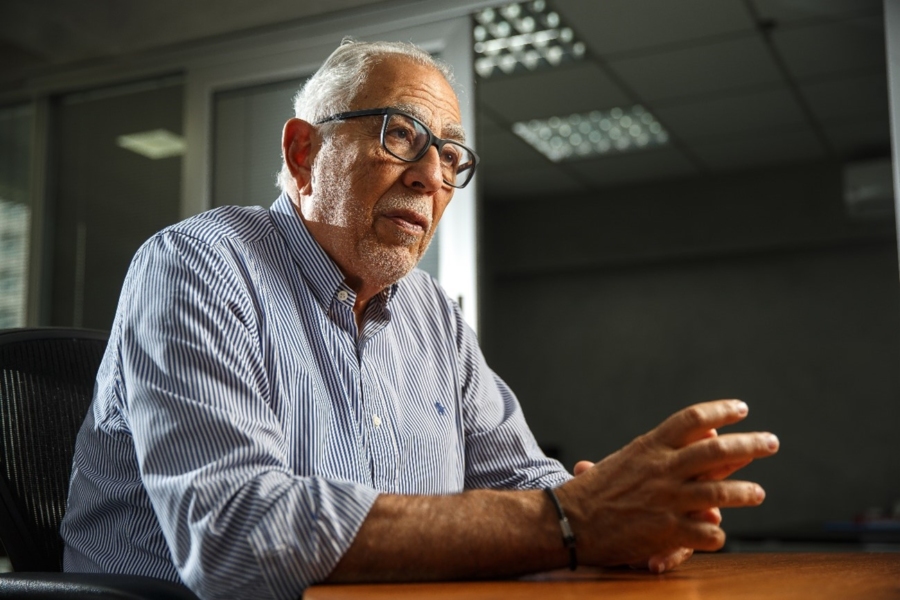
Reputation is, not as an agenda item, but in several actions or areas, from formatting a planning process to structuring a purpose, including measuring how well it is being evaluated or poorly evaluated. This is what José Monforte thinks, who has already chaired the Board of Directors of Eletrobras and also participated in committees of mixed economy giants such as Petrobras and Banco do Brasil. Today, it is dedicated to companies in various sectors, such as retail (Assaí) and infrastructure (CCR), among others.
Monforte believes that the new currency for the company to gain and preserve reputation is stakeholder loyalty. “You only repeat a good performance, if you maintain integrity the elements that contribute to your success: relationship with supplier, relationship with customer, relationship with society”, he states. “If you stop to think about it, no business works if society doesn’t embrace it.”
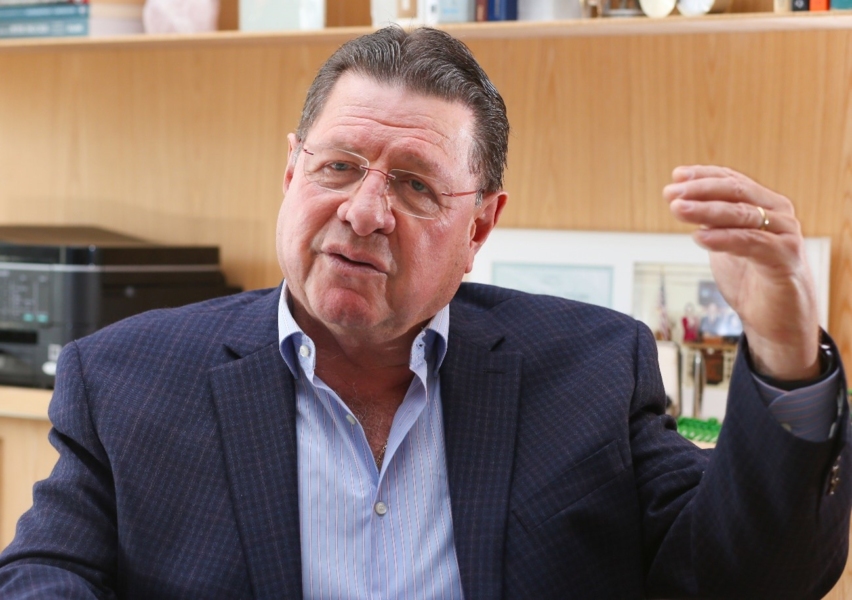
“Reputation is built through dealing with suppliers, customers, the workforce, the community – with all stakeholders.”
Osvaldo Schirmer
Osvaldo Schirmer, board member of companies such as Renner, SLC and Yduqs (formerly Estácio), draws attention to the multi-stakeholder aspect of reputation: the most relevant, as a business driver, is the respect and preservation of the organizations' culture. “A company that has its own culture and protects it, preserving it, has all the conditions to generate trust”, he says.
Based on his corporate experience, Osvaldo Schirmer guarantees: “One of the main challenges facing boards of directors in addressing issues associated with reputation within companies is the relationship with suppliers and customers.”
Demonstrations on everyday topics in corporationss
Check out some opinions from the advisors interviewed on topics directly related to corporate reputation:
ESG
“If the ESG issue starts somewhere in the company – in its carbon emissions matrix or in the diversity of its workforce – you will find that it will not stop there.”
Dan Ioschpe
“Whether out of conviction or convenience, you will have the correct posture. It must be like that, because it’s good business.”
José Monforte
“We have commented in the world of governance that, in recent years, we have discussed a lot about ESG, sustainability, climate change, employees and that, perhaps, boards have dedicated less time to controls.”
Leila Loria
“People are very concerned about the issue of ESG, thinking that this is a passport to heaven.”
Osvaldo Schirmer
Diversity
“The more diversity you can get, the better. Now, this must mean a Tower of Babel? No."
Dan Ioschpe
“You have to make action plans in two main areas: business and sustainability.”
José Monforte
“Diversity goes beyond gender and race, it is a cognitive diversity, of world view.” Leila Loria
“Diversity is a beautiful flag, but more poetic than effective.”
Osvaldo Schirmer
Short and long term
“It’s not necessarily whether you do it shorter term or longer term. You need to think about achieving your goals.”
Dan Ioschpe
“The long term only exists if you have a sum of successful short terms, otherwise you won’t get there.”
José Monforte
“Councilors have to think today and plan activities that will have a return when they are no longer on the board.” Leila Loria
“When you have companies with dispersed capital – that is, that have no owner or controller –, the board, in the end, is the last resort, and who cares about the long term.”
Osvaldo Schirmer
Role of the board
“The board needs to participate in reputation development, along with management, with the rest of the company.”
Dan Ioschpe
“It is necessary to have the wisdom of how far the board should act in relation to management.”
José Monforte
“The first challenge for councils is to deal with market, climate and sustainability uncertainties.”
Leila Loria
“A good board of directors is not one that has a bunch of ex-financiers, or ex-engineers, or ex-whatever.”
Osvaldo Schirmer
Advisor profile
“You need to have a range of skills, and each person will bring some of them to the table, otherwise two advisors would be enough.”
Dan Ioschpe
“The advisor has to be a great generalist and bring to the company a specific skill for that moment in the mandate.”
José Monforte
“If a woman joins the board and is interrupted all the time, that doesn’t solve the problem. The council is a collegial body.”
Leila Loria
“What matters when assembling a council is choosing people who can contribute with different and complementary visions.” Osvaldo Schirmer



